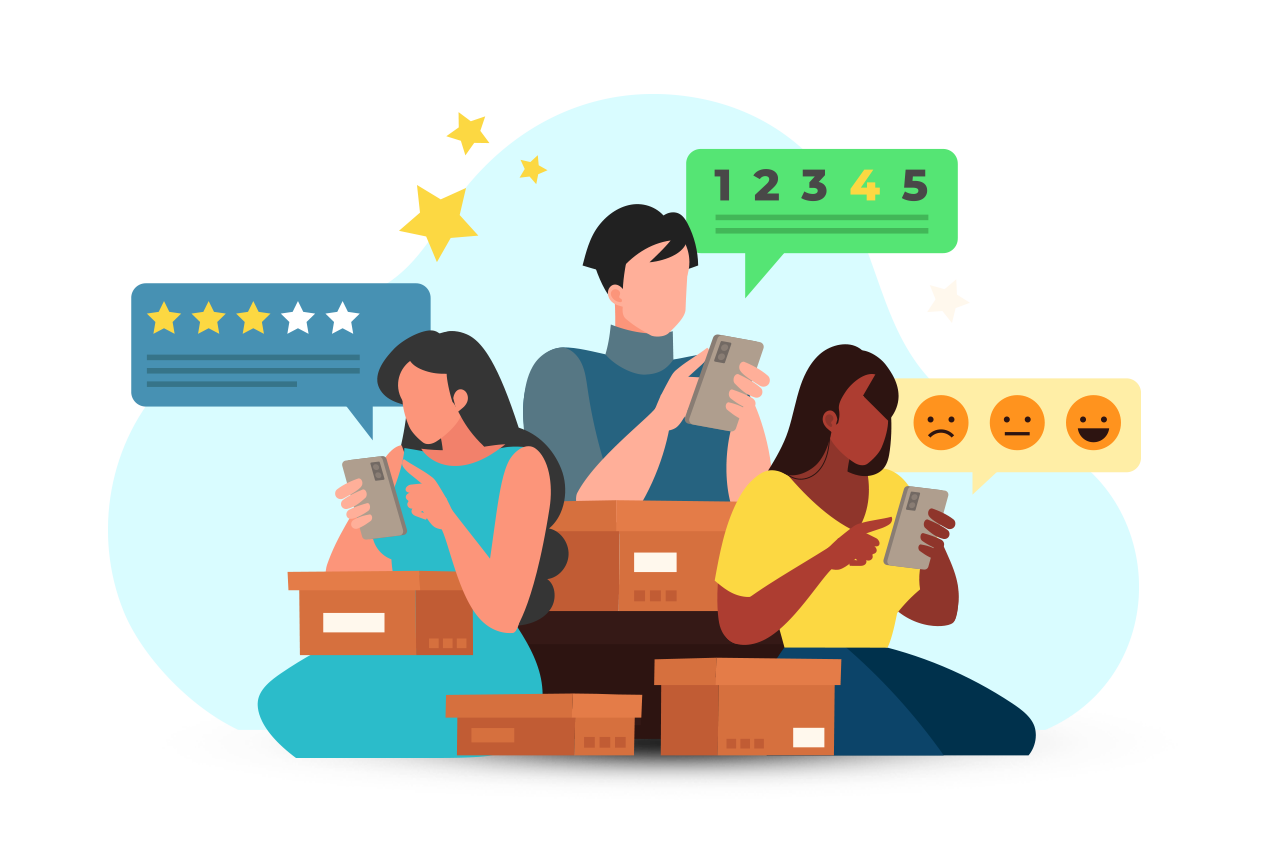Any group of behaviors or activities that people anticipate while interacting with a business are known as customer expectations. Customers have traditionally anticipated the fundamentals, such as good service and reasonable prices; but modern consumers have considerably greater expectations, such as proactive service, individualized encounters, and integrated digital experiences.
Businesses must erase their organizational boundaries, personalize their offerings in every way conceivable, push the boundaries of what is feasible, and establish trusting relationships with their clients in order to meet these customer expectations.
Creating a company distinct in a crowded market requires meeting and exceeding client expectations. One of the main factors in retaining customers is providing high-quality support services throughout the customer journey and guaranteeing a seamless experience even after the purchase.
Customers will choose to buy from you rather than any of your rivals if they realize that you anticipate, comprehend, and satisfy their demands. Businesses that have satisfied customers benefit from optimization through successful word-of-mouth promotion.
By exceeding client expectations, a brand or company will gain more devoted customers who will refer people to it. Revenue will ultimately rise as a result of exceeding client expectations.
Depending on their contacts with the company that offers the product, customers have expectations about the services. A buyer may have higher expectations for a brand’s products if they have had pleasant interactions with it.
Also, consumers may have previously used comparable goods or services; and they base their expectations of your goods on those experiences.




